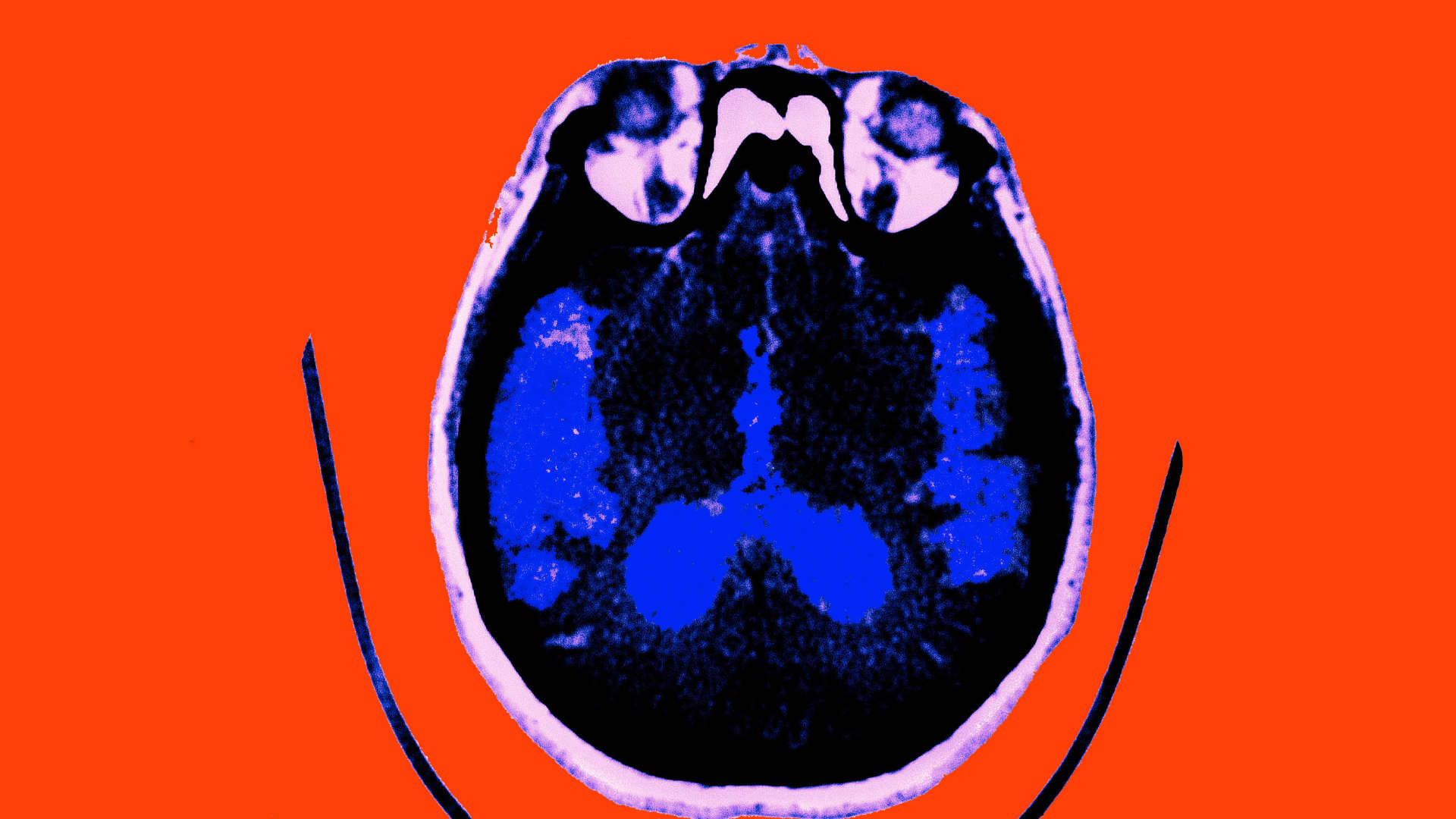
Allegations that part of a key 2006 study of Alzheimer’s disease may have been fabricated have rocked the research community, calling into question the validity of the study’s influential results.
Science magazine said Thursday that it uncovered evidence that images in the much-cited study, published 16 years ago in the journal Nature, may have been doctored.
The findings have thrown skepticism on the work of Sylvain Lesné, a neuroscientist and associate professor at the University of Minnesota, and his research, which fueled interest in a specific assembly of proteins as a promising target for treatment of Alzheimer’s disease. Lesné didn’t respond to NBC News’ requests for comment, nor did he provide comment to Science magazine.
Science said it found more than 20 “suspect” papers by Lesné and identified more than 70 instances of possible image tampering in his studies. A whistleblower, Dr. Matthew Schrag, a neuroscientist at Vanderbilt University, raised concerns last year about the possible manipulation of images in multiple papers.
Karl Herrup, a professor of neurobiology at the University of Pittsburgh Brain Institute who wasn’t involved in the investigation, said the findings are “really bad for science.”
“It’s never shameful to be wrong in science,” said Herrup, who also works at the school’s Alzheimer’s Disease Research Center. “A lot of the best science was done by people being wrong and proving first if they were wrong and then why they were wrong. What is completely toxic to science is to be fraudulent.”
For decades, a leading theory stated that the amyloid beta protein formed sticky plaques in the brain that were the main cause of Alzheimer’s.
The 2006 study in Nature identified a subtype of the protein — Aβ*56, or “amyloid beta star 56” — as the cause of memory loss in rats.
The paper caused “a big splash at the time,” said Donna Wilcock, the assistant dean of biomedicine at the University of Kentucky.
But Science magazine said it found evidence that the paper’s images — and images in other studies on Aβ*56 by Lesné — had been doctored to inflate the protein’s role in the progression to Alzheimer’s, according to experts like Wilcock who reviewed the images for Science.
Other researchers expressed concern that Lesné’s results couldn’t be replicated, a key part of the scientific process to confirm the validity of certain findings.
“In my own work, [Aβ*56] was not a species … that we had ever observed,” said Dr. Thomas Wisniewski, a professor of neurology at the New York University Alzheimer’s Disease Center.
Wisniewski, who wasn’t involved in the investigation, said he looked at the images Monday and saw “evidence of what looks like copy and paste” to make a composite picture.
Wilcock said she also noticed small areas of the images that appeared to have been “selectively enhanced.”
Dr. Karen Ashe, a neuroscientist and professor at the University of Minnesota who co-authored the 2006 paper, said her wish is to retract the study in its entirety, citing that confidence in it has been undermined — but she also maintained that a retraction “does not call the amyloid-beta hypothesis into question.”
“Having worked for decades to understand the cause of Alzheimer disease, so that better treatments can be found for patients, it is devastating to discover that a co-worker may have misled me and the scientific community through the doctoring of images,” she said in an emailed statement.
Kat Dodge, a spokesperson for the University of Minnesota Medical School, said the institution is aware of questions surrounding studies published by Lesné and Ashe.
“The University will follow its processes to review the questions any claims have raised,” she said Monday in a statement provided to NBC News.
Nature issued a publisher’s note July 14 saying that it was investigating the concerns about the 2006 paper and that “a further editorial response will follow as soon as possible.”
More than $1 billion of government funding, through the National Institutes of Health, has been directed to amyloid-related Alzheimer’s research. While the investigation suggests that studies of Aβ*56 should be opened up to new scrutiny, experts said the entire theory shouldn’t be discredited.
“Further work needs to be done by other groups to specifically try to reproduce this work in other experimental models,” Wisniewski said.
Herrup said it wasn’t just Lesné’s work that influenced the direction of Alzheimer’s research over the past two decades.
“There were so many other forces driving that conceptualization of the disease,” he said.
But such incidents can be enormously damaging to scientists and the broader research community, experts said.
“It really hurts and erodes the public trust in the scientific process,” Wilcock said. “That’s what is the most disturbing and upsetting to me as a scientist.”







